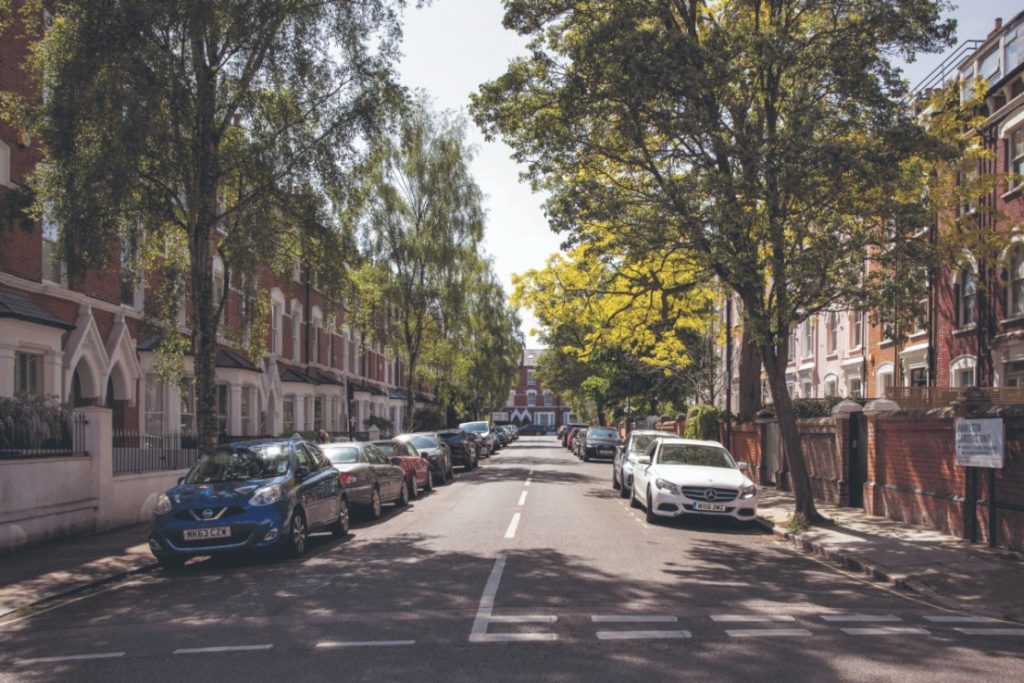First-time buyer age climbs to 35 in London
Recent research from Conveyancing Solicitor reveals a striking trend: the average age of first-time homebuyers in London has climbed from 31 in the mid-2000s to nearly 35 today. This shift reflects decades of economic pressures, lifestyle changes and soaring property values that have pushed home ownership further out of reach for many young adults.
Wage stagnation vs. soaring house prices
One of the main factors behind this rise is the widening gap between stagnant wages and rapidly escalating property costs. Over the last twenty years:
Property expert George Levett attributes the increase in buyer age to these “delayed effects of prolonged wage stagnation, skyrocketing house prices, and stricter mortgage criteria” which together force aspiring purchasers to spend more years saving before qualifying for a mortgage.
Changing life milestones
Beyond financial hurdles, shifting social patterns also play a role. Young adults today often delay traditional milestones such as:
These lifestyle changes mean that fewer people in their early 20s can realistically consider buying, pushing the average first-time purchase age upward.
Family support remains critical
With savings alone insufficient, family assistance has become essential for many first-time buyers. A survey by TSB found that:
According to property firm Savills, the “Bank of Mum & Dad” contributed a total of £9.6 billion in gifts and loans in 2024 alone. While such support eases the path to ownership, it also highlights how unaffordable the housing market has become for those without wealthy relatives.
Will interest rate cuts help?
The Bank of England’s decision to cut interest rates to 4% last week sparked hope among potential buyers. Lower mortgage rates can:
Emily Williams, Director of Research at Savills, described the rate cut as a “welcome boost” for the UK housing market. She noted that mortgage rates are already trending downwards, building positive momentum. However, she warned that lenders “are unlikely to strongly price in expectations of further cuts this year, given the close nature of the decision.”
On the flip side, Joseph, founder of Mortgage Lane, cautioned that cheaper borrowing could drive demand higher and push property values even further upward. For buyers with limited deposits, the benefit of lower rates may be offset by rising house prices, potentially diluting any relief.
Outlook for 2025 and beyond
Looking ahead, market analysts remain cautiously optimistic. Zoopla predicts that housing sales will grow by around 5% in 2025, supported by lower borrowing costs and improved buyer confidence. Meanwhile, inflation is forecast to hover between 1% and 2%, which should help maintain stable mortgage rates.
Yet the core challenge persists: first-time buyers must still navigate high deposit requirements and fierce competition. Unless wage growth accelerates significantly or house price inflation slows, the average age of new buyers may continue to edge higher.
Navigating the path to ownership
For aspiring first-time buyers, these statistics underline the importance of a multi-pronged approach to homeownership:
While the average age has risen to 35 in London, strategic planning and leveraging available support can still make homeownership achievable for the next generation of buyers.
